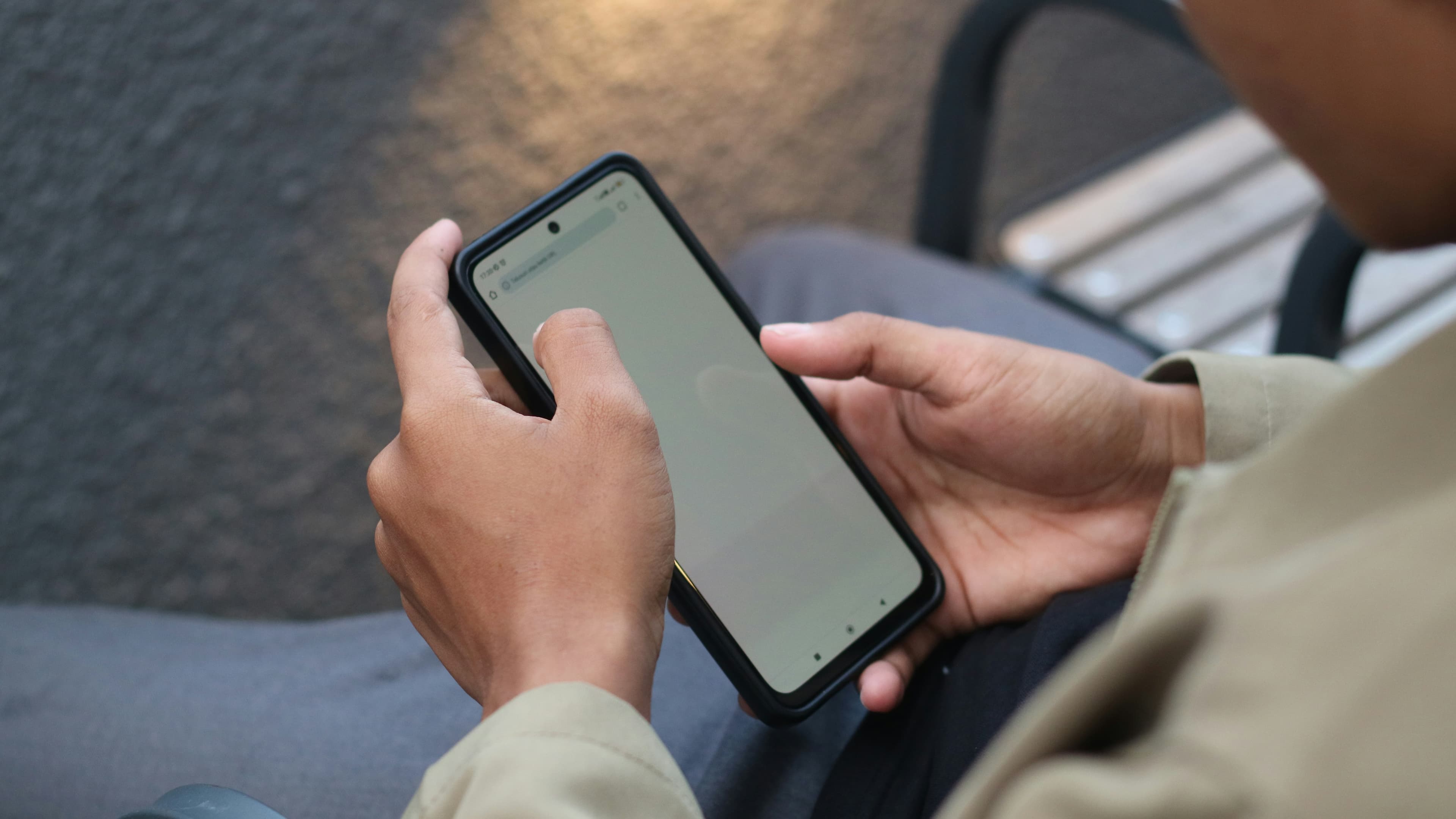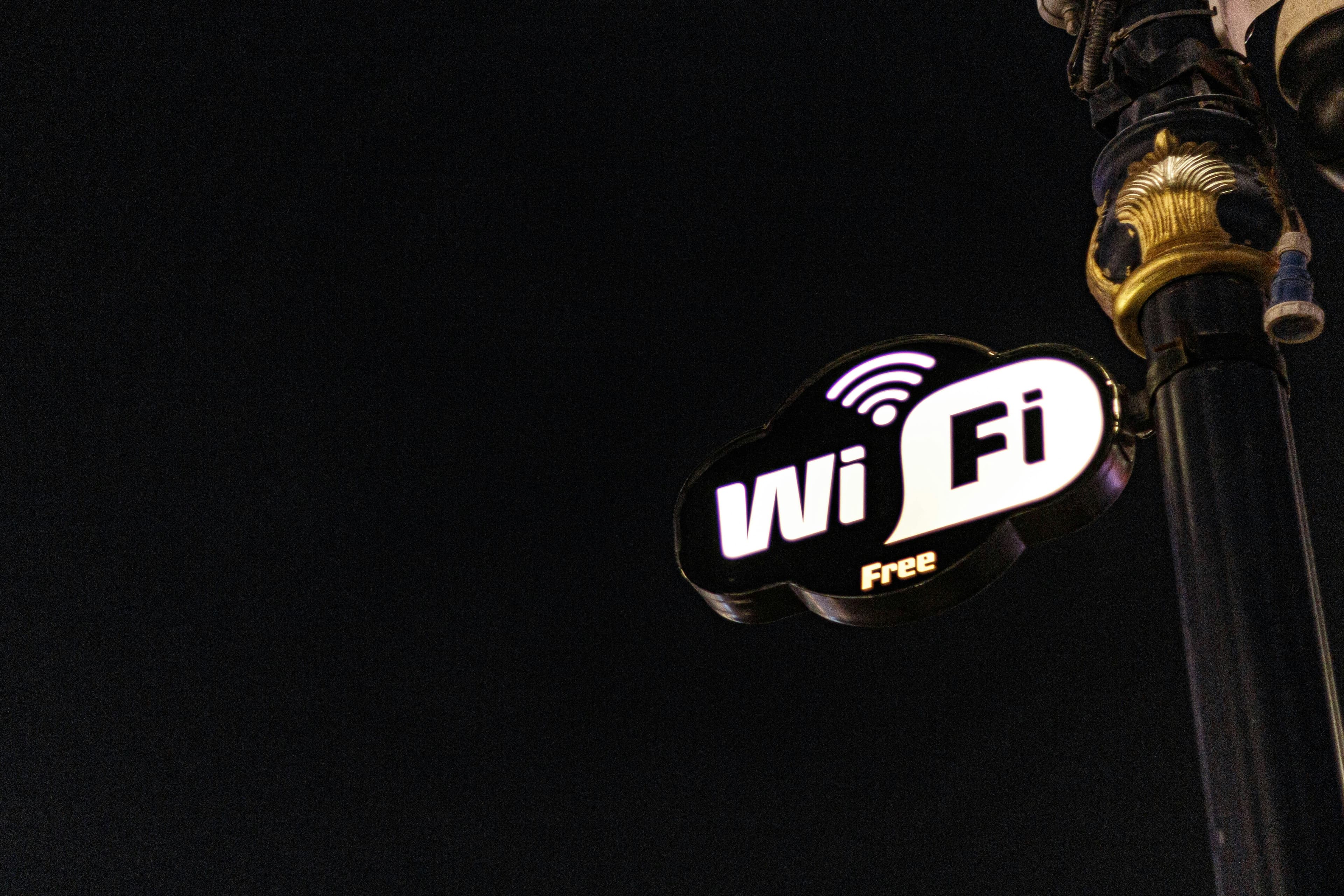
Arriving, connecting, and starting your Portuguese life
For many, arriving in Portugal marks the beginning of a new chapter — whether to live, work, study, or simply enjoy the sunshine and the gentle pace of Portuguese life. Among the first practical steps to take is something simple but essential: getting a local phone number.
With a Portuguese SIM card, everything becomes easier — communication, work, banking, appointments, and administrative tasks. Portugal’s telecommunications market is modern, affordable, and full of options — both for short-term visitors and long-term residents.
A small country with a strong network
Portugal boasts one of the best telecommunications infrastructures in Southern Europe. 4G covers nearly the entire country, while 5G is already available in all major cities such as Lisbon, Porto, Faro, Braga, and Coimbra.
The three main national operators — MEO, Vodafone, and NOS — together cover over 95% of the population. Even in rural areas, the signal is generally stable. Only certain isolated regions, like the interior of Alentejo or the mountainous north, may show slight differences between operators.
Prepaid or contract: two ways to stay connected
When choosing a mobile plan in Portugal, there are two main types: prepaid (top-up SIM cards) and postpaid (monthly contracts).
Prepaid plans
This is the simplest solution for newcomers. You buy a SIM card (or eSIM), activate it within minutes, and top it up whenever you need.
Ideal for tourists, students, or digital nomads, prepaid plans offer total freedom - no contracts, no commitment. Top-ups can be made in stores, supermarkets, ATMs, or online.
Plans range from 5 to 20 euros, depending on the duration and amount of data. There are weekly and monthly options, and even tourist-specific offers with unlimited data and calls within Portugal.
Just remember to top up periodically - otherwise, the number may be deactivated after several weeks of inactivity.
Postpaid contracts
Postpaid plans are monthly contracts, with or without commitment (usually 12 or 24 months). They are perfect for long-term residents, as they include more data, faster speeds, and often discounts when bundled with home Internet and TV.
To subscribe, you will typically need:
- An ID document (national ID or passport)
- A Portuguese tax number (NIF)
- Proof of address
Bills are issued monthly, and service is stable with guaranteed access to the 5G network.
Which plan suits you best?
Visiting temporarily? Choose a prepaid SIM card. It’s quick, affordable, and commitment-free. Around €10 gives you 10 GB of data valid for one week.
Staying longer? Go for a monthly contract. Full-featured plans range from €15 to €25, with unlimited calls and 5G included.
Heavy data user? All major operators offer unlimited data options — some focused on streaming, social media, or video.
Calling abroad often? Providers like Lycamobile or Digi offer low-cost international calling packages.
The main operators in Portugal
MEO - Part of the Altice group, MEO is the successor to the former Portugal Telecom. It offers nationwide coverage and a wide range of mobile, Internet, and TV services.
Vodafone Portugal — The British brand is popular among locals and expats alike. Excellent 5G coverage, flexible plans, and English-speaking customer service.
NOS - One of the big three, known for competitive prices and bundle packages (mobile + Internet + TV).
-NOWO - Portugal’s low-cost alternative, offering simple, flexible plans starting from around €6.50/month.
Other operators - Lycamobile and Digi are smaller, affordable options ideal for students and international users.
The new era of eSIMs
eSIMs are now widely available in Portugal. Instead of using a physical card, you buy your plan online, receive a QR code, and activate it instantly on your phone. It’s perfect for frequent travelers, remote workers, or anyone who wants two numbers on the same device.
Required documents
For prepaid SIMs, an ID is usually enough. For monthly contracts, you will generally need:
- Passport or national ID
- Portuguese tax number (NIF)
- Local address
Operator stores are found throughout the country — in shopping centers, main streets, and airports. You can also subscribe online, with SIM delivery or instant eSIM activation.
How much does it cost in 2025?
Tourist prepaid SIM: 7 days – 10 GB → €10
Monthly prepaid: 30 GB + unlimited calls → €15–20
Monthly contract: 50 GB 5G → €15–25
Unlimited data: 25–35 €
Low-cost plans (NOWO / Digi): from €6.50
Useful tips
- All plans include free roaming within the European Union.
- Inactive prepaid SIMs may be deactivated.
- Contract plans are cheaper but check cancellation conditions.
- Family plans with discounts are available from the second line onward.
- Temporary tourist plans are available for short stays.
In summary
Portugal offers a modern, transparent, and highly competitive telecom market. The major operators provide excellent coverage, while NOWO, Lycamobile, and Digi complete the landscape with low-cost options.
For short stays, prepaid SIMs or eSIMs are perfect. For long-term living, a monthly contract offers the best value.
In any case, staying connected in Portugal is easy, fast, and affordable — even by the ocean, with your feet in the sand and the Atlantic sun shining. ☀️
Share this article
Suggested articles

Driving in style in Portugal between luxury classics and authenticity
It only takes one morning on the road to Cascais or a drive through the hills of the Douro to understand it: Portugal was made for people who love to drive. The landscapes change with every bend, the roads are beautifully maintained, and the weather, true to its reputation, invites you to drive with the top down almost all year long.

Small roads great landscapes the most beautiful routes to explore Portugal by car
Driving in Portugal isn’t just about getting from point A to point B. It’s about setting off without really knowing where you’re going, stopping on a whim, following a sign with an unfamiliar name, and letting yourself be surprised. The country lends itself perfectly to this gentle art of wandering. Highways are practical, yes, but it’s the smaller, winding, sometimes narrow and almost always stunning roads that show the true face of Portugal.

Staying online on the road the secrets of a good connection in rural Portugal
Portugal isn’t just Lisbon, Porto, or the beaches of the Algarve. It’s also hilltop villages where time seems to stand still, endless fields of olive trees, and winding roads that twist through the hills. The kind of place where silence weighs more than a PDF file. But let’s be honest: even in all that tranquility, we still want to stay connected. To send an email, make a call, or simply check the weather before lighting the barbecue.

Low cost bundle or mobile only understanding Portuguese offers without losing your mind
In Portugal, the phone is not just a tool. It’s an extension of oneself. In Lisbon cafés, on Algarve beaches, or in Porto’s narrow streets, everyone has their smartphone in hand, often with two SIM cards to switch between operators. Connectivity is part of daily life, almost like air or sunshine. But when it’s time to choose a plan, things get complicated fast.

Fiber 5G and sunshine the new paradise for digital nomads
There was a time when the dream of a digital nomad meant a bamboo hut in Bali, a MacBook, and a green smoothie. But in recent years, a new paradise has shaken up the global remote work map: Portugal. With its omnipresent fiber optics, rock-solid 5G, and near-daily sunshine, the country has managed to charm freelancers and startup founders alike (and, of course, lovers of good pastéis de nata).

Traveling electric in Portugal between green dream and road reality
Portugal has always had a touch of being ahead of its time. In art, in the sea, in fado and even in technology. In recent years, it has also fallen in love with electricity. Charging stations are popping up everywhere, Teslas share the roads with Fiat 500es, and solar panels cover rooftops like the flowers of a promising spring. Yet behind the green smiles and hopeful slogans, one question lingers: is traveling electric in Portugal really practical?


